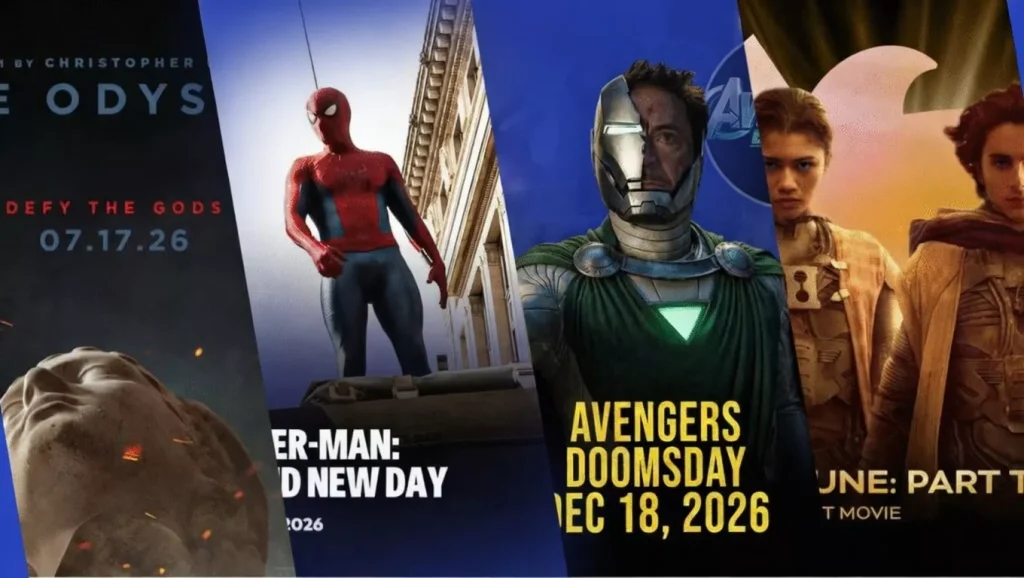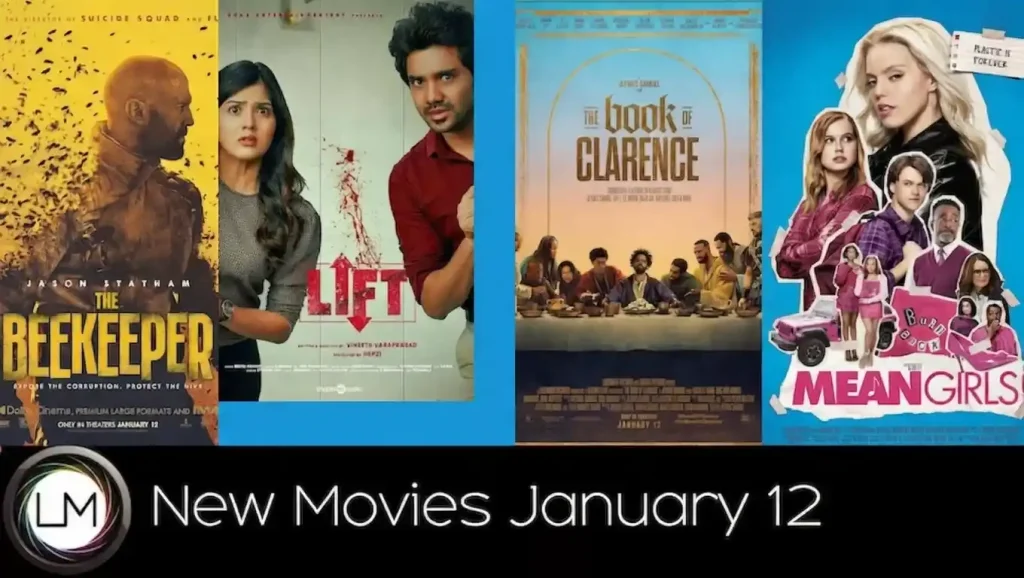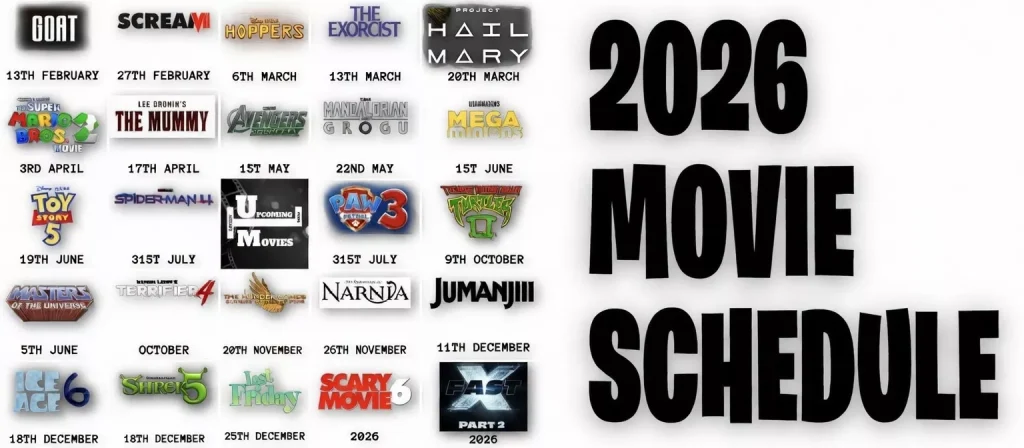Gen Z Brings Back Y2K Fashion: Juicy Couture Tracksuits and Bedazzled Low-Rise Jeans Take Over

Introduction
Across the United States, Generation Z (born 1997–2012) is diving headfirst into the bold, sparkly world of early 2000s fashion, reviving iconic Y2K trends like Juicy Couture velour tracksuits, bedazzled low-rise jeans, and chunky accessories. For American Gen Z, these styles—once sported by pop culture icons like Paris Hilton and Britney Spears—are a way to express individuality, tap into nostalgia, and embrace sustainable fashion. Fueled by TikTok, Instagram, and a post-pandemic craving for fun, this revival is reshaping wardrobes and runways. Here’s the scoop on why and how U.S. Gen Z is making Y2K fashion the hottest trend of 2025, as reported for ClickUSANews.
The Y2K Vibe: Bold, Flashy, and Fun
The Y2K aesthetic, named after the millennium’s turn, is all about in-your-face style. Picture velour tracksuits with “Juicy” emblazoned on the back, low-rise jeans dripping with rhinestones, baby tees, and trucker hats. These looks, straight out of early 2000s music videos and red carpets, are popping up everywhere from New York to Los Angeles. A 2023 Google Trends report noted a spike in searches for “Y2K fashion,” and resale platforms like Poshmark reported a 120% surge in Juicy Couture sales in 2024 compared to the previous year. High-end brands like Blumarine and Versace are also jumping in, with runways showcasing low-rise skirts and sparkly crop tops.
Why American Gen Z Is Obsessed
From college campuses in California to urban streets in Chicago, Gen Z is driving the Y2K revival for several reasons:
Nostalgia for a Simpler Time
For U.S. Gen Z, who’ve grown up with smartphones and constant connectivity, the early 2000s feel like a mythical era of flip phones and MySpace. Fashion expert Sarah Byrd explains, “The Y2K aesthetic taps into a pre-social media world that feels carefree to Gen Z.” This nostalgia, often called “retro-futurism,” lets young Americans romanticize a time they barely remember, embracing its playful vibe without the era’s tabloid drama or body-shaming culture.
Social Media’s Viral Push
TikTok and Instagram are the engines behind Y2K’s comeback. American influencers like Emma Chamberlain and Addison Rae post outfits featuring bedazzled jeans, butterfly hair clips, and velour tracksuits, racking up millions of views under hashtags like #Y2KFashion and #2000sAesthetic. Gen Z in cities like Miami and Seattle use these platforms to share thrifted finds or DIY bedazzled looks, often set to throwback bangers like Ashanti’s “Foolish.” The visual, shareable nature of Y2K style makes it perfect for viral content.
Sustainability and Thrifting Culture
American Gen Z is all about sustainability, and the Y2K trend aligns perfectly with their love for thrifting. With fast fashion under scrutiny—reports estimate it contributes 10% of global carbon emissions—U.S. Zoomers flock to thrift stores and online platforms like Depop and ThredUp to score authentic Y2K pieces. “Vintage Juicy Couture or True Religion jeans are built to last, unlike a lot of today’s fast fashion,” says Mia Lopez, a Los Angeles-based vintage seller. Thrift stores in cities like Austin and Portland are seeing a boom in demand for early 2000s clothing, from nameplate necklaces to platform sandals.
Post-Pandemic Escapism
After years of lockdowns and uncertainty, American Gen Z is craving fun and self-expression. The Y2K aesthetic, with its bright colors and over-the-top glamour, offers an escape from the minimalist athleisure that dominated the 2010s. Cultural analyst Jamie Cohen notes, “The 2020s echo the early 2000s’ post-9/11 vibe—people want bold, rebellious fashion to feel alive again.” For Gen Z in the U.S., Y2K is a way to celebrate freedom and individuality.
How U.S. Gen Z Styles Y2K
American Gen Z isn’t just copying early 2000s looks—they’re remixing them. In New York, low-rise jeans are paired with oversized hoodies or cropped cardigans for a modern edge. In Atlanta, velour tracksuits get a streetwear twist with chunky sneakers or layered jewelry. Gen Z’s gender-fluid approach shines through, with guys and nonbinary folks rocking baby tees and sparkly accessories alongside traditional “femme” staples. Celebrities like Olivia Rodrigo and Zendaya, spotted in Y2K-inspired outfits, are leading the charge, while designers like Coach and Marc Jacobs roll out collections featuring low-rise cargos and metallic miniskirts.
Cashing In on the Trend
Got a stash of early 2000s gear? Now’s the time to cash in. Vintage sellers in the U.S. report that items like Juicy Couture tracksuits, Ed Hardy tees, and bedazzled belts are fetching high prices on platforms like eBay and Poshmark. “Quality Y2K denim is gold right now,” says Lopez, who suggests selling at local flea markets or online. However, she warns that some 2000s-era fast fashion may not hold up, so focus on well-made pieces like denim or branded tracksuits.
What’s Next for Gen Z Fashion
The Y2K trend is dominating American fashion, but experts predict it could pave the way for a 2010s revival—think skinny jeans and peplum tops. For now, Gen Z is keeping the Y2K party going, with festivals like Coachella and college campuses serving as runways for their bold looks. Brands are taking note, with Urban Outfitters and Forever 21 launching Y2K-inspired lines to meet demand.
Conclusion
From the streets of Brooklyn to the beaches of Miami, American Gen Z is making Y2K fashion their own, blending nostalgia, sustainability, and creativity. Whether they’re thrifting a Juicy Couture tracksuit or bedazzling their own low-rise jeans, they’re proving that style is cyclical—and right now, it’s all about the early 2000s. So, dig out those platform flip-flops or hit up a thrift store, because Y2K is back, and Gen Z is owning it.
This article draws on insights from fashion experts, resale platform data, and cultural trends shaping the U.S. in 2025.













